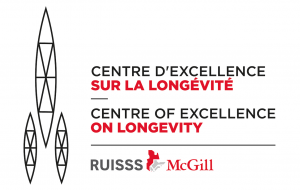[vc_row][vc_column width=”1/4″][vc_column_text]Partners
- Geriatric Assessment Unit of St. Mary’s Hospital
- McGill University
- International Laboratory for Brain, Music and Sound Research (BRAMS), Université de Montréal
[/vc_column_text][/vc_column][vc_column width=”3/4″][vc_row_inner][vc_column_inner][vc_column_text]Context
Music is an art form that can be used as a means of conveying verbal or non-verbal communications as well as pure emotions. As communication may be affected in elderly people due to cognitive deficit or a related condition, music can also be used to restore the link between elderly patients and their environment. As such, music has been used in recent years for therapeutic purposes to improve the quality of life of elderly patients, preventing functional decline, controlling pain (leading to a reduction in the use of opioids), lowering anxiety and improving morale. Nevertheless, very few studies of the elderly population have been carried out in a hospital environment. For this reason, it is necessary to undertake further exploration of the effect of music on patients receiving short-term treatments when it is used as a non-pharmacological intervention that is free from undesirable side effects.
Objectives
> To determine whether the length of stay in hospital of patients admitted to the Geriatric Assessment Unit of St. Mary’s Hospital who attend music therapy sessions is shorter than patients who did not attend these sessions.
> To follow up with monitoring as to whether these sessions have had an effect in reducing the risk of falls, consumption of psychotropic drugs, or the occurrence of adverse health events such as acute organ failure or psycho-behavioral conditions.
Actions
- Four weekly sessions
- Fourteen volunteers/musicians taking turns to accompany patients
- One-hour sessions, with each patient being able to attend one or more sessions
[/vc_column_text][/vc_column_inner][/vc_row_inner][/vc_column][/vc_row]



